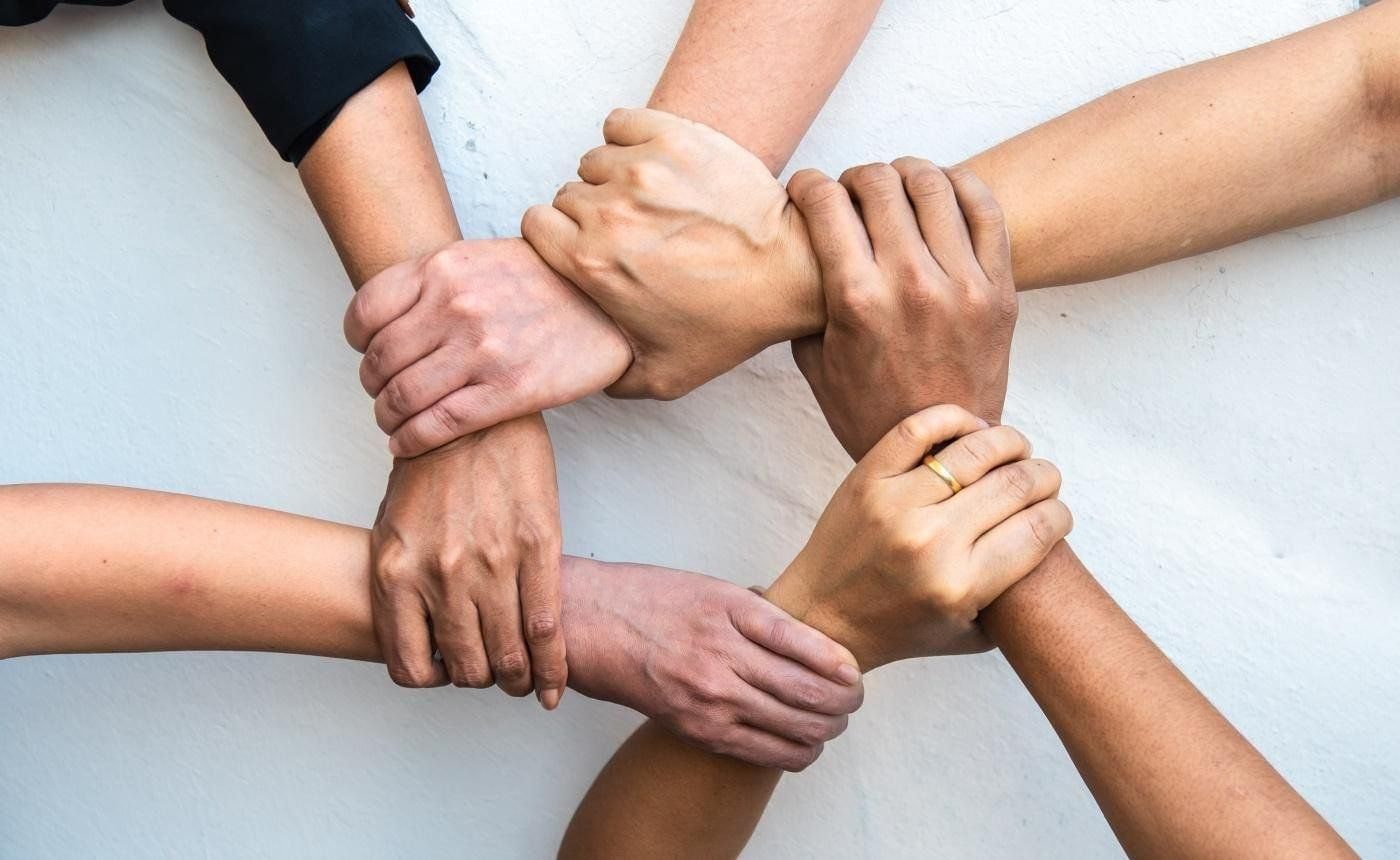The human life is said to be built upon relationships. They give us company, emotional security, and belonging to someone. But really, it takes a lot of effort, patience, and, more importantly, sacrifices to keep the connection strong and beautiful. The word “sacrifice” may make one think of grand gestures or self-denial, but most of the time, there you would find it in the small, everyday choices you make in favour of having a relationship over one of your preferences.
The article discusses the significance of sacrifice in forging and sustaining strong relationships while showing how it facilitates trust, empathy, and resilience.
Sacrifice as a Foundation of Trust
Trust is actually the foundation of all solid relationships: a partner, a friend, a family member. Sacrifice builds that trust. When one person is willing to actually set aside himself for the other, it speaks volumes: “Your happiness matters to me.”
An instance might be when one of the partners gives a job opportunity in another state just so they could stay with the one they love. The action itself might be something huge, but it’s really the intent behind it that catapults the relationship. It signifies having a relationship above personal ambition, from which flow the beginning pillars of trust, affirming commitment to the collaborative journey.
To make sacrifices effective, communication is really important. Spelling out the reasons for a decision can prevent misunderstandings and reinforce the mutual respect of both parties involved. When both sides comprehend the “why,” trust is further enhanced, resulting in a safe and supportive environment.
Fostering Empathy Through Sacrifice
Sacrifice is an instant channel to empathy, the capacity to view, understand, and feel what other people, or rather a person, might feel, think, and want. While one is indeed trying to walk into the other’s shoes for a while, an appreciation arises that is almost uncommon for the viewpoint and struggles along the specific lines.
Friendship sometimes takes the form of sacrifices: one might lend an ear even at a time when he is busy or stressed just in case a friend might need it. This prioritization over his own concern deepens emotional bonds and builds a culture of empathy.
Alongside this, the empathy is bidirectional. The moment one compromises or gives in, the other begins to compete in doing so, with the cycle developing itself and leading to mutual understanding. Over time, this further strengthens pawns, making them feel more stable. Indeed, it brings the two individuals closer as they deepen their sense of appreciation and security for each other.
Building Resilience Through Compromise
Sacrifices usually need to be made before learning the important power of compromise that one will ultimately need for all those troublesome times that come in relationships. The way compromise teaches gain out of rigidity and into flexibility, so everyone does hear and respect each one’s opinion.
Take, for example, a couple that has gone into disarray over how they want to spend their holiday. While one prefers the beach, the other’s idea of fun vacationing is to go hiking – something almost the same, but both are worlds apart. They may not go by their vacation choices, but they can always think of a good compromise where the holiday involves cases of both. Most of the time, these compromises, which don’t seem like really big things, are what prepares a person for greater disagreements or altercations.
The sacrifices made from compromise are also a kind of strength; this ability demonstrates your willingness to adapt and work through varying differences, thus making a stronger bond that ensures the relationship’s longevity.
The Balance Between Sacrifice and Self-Care
Sacrifice is very important in relationships, but equally important is the balance that should be struck between giving and also maintaining your sense of self. When one partner keeps sacrificing someone’s every wish without any return from the other, it is going to result in resentment or imbalance within the relationship.
Self-care is that which makes sure sacrifices can be gifts rather than obligations. With the self-care priorities, you show up in the relationship as a healthier, more present version of yourself. Taking time for hobbies and maintaining friendships outside a primary relationship are both important for ensuring that one does not sacrifice for another by self-neglect. The sacrifices themselves keep on being sacrifices but are lessened for healthy love.
Besides, recognizing and appreciating the sacrifices made by your partner is also important. Sometimes, saying “thank you” or acknowledging the act makes all the difference in valuing the effort. When both partners are made to feel that they are valued, the sacrifices become a pleasure rather than a burden.
Cultural Perspectives on Sacrifice in Relationships
In many societies, sacrifices in a relationship would be predicated on the norms and values prevailing in the society. In some cultures, sacrifice is expected to be a feature of love and commitment. Family-first societies highlight the household, in which the common good is stressed over the individual’s. For example, parents have to sacrifice, maybe greatly, for their children to enjoy better chances, and so these sacrifices are viewed as taking a natural course from their love.
In contrast, it could be that cultures that are more individualistic will focus more on the importance of self-actualization and possibly lead to a greatly measured response to sacrifice. Cultural nuances like these would assist an individual to frame a relationship that honors their values as well as those of the other person.
Practical Ways to Embrace Sacrifice in Relationships
1. Prioritise Active Listening:
These areas are where one makes sacrifices; understanding the needs of other people is the beginning of building a bridge within oneself. While fully attending to any other person, one can pinpoint areas where changes, however small, might accomplish wonders.
2. Be Willing to Compromise:
Handle conflict in such a way that two people don’t see themselves competing but rather coming together as one for the solution that’s supposed to benefit both parties.
3. Celebrate the Sacrifices of Others:
There are people who must be acknowledged and appreciated for their sacrifices, such as those of your parents. The practice of expressing gratitude can reinforce good actions and deepen the bond rather than leaving them on the level of the task.
4. Set Boundaries:
Sacrifices should be made voluntarily and should not compromise your values or your sense of well-being. Healthy boundaries create the foundation for mutual respect.
5. Communicate Openly:
Develop a communication channel where ideas and feelings about sacrifices are expressed. Open dialogue prevents misunderstandings and builds a deeper connection.
Take Away
Sacrifices are not about giving up; they can be viewed as investments made to the growth and strengthening of a union. It could be a big thing like giving up a nice evening out in town to stay at home with one’s children, or it could simply mean something as simple as doing another’s chores for a week. Sacrifices are defined as love, respect, and commitment. Sacrifices teach us to appreciate our fellow man, cultivate empathy, and develop tough skin.
However, it really is all about balance, though proper balance, as well as deliberate, two-way sacrifices that serve to enhance rather than subtract from the well-being of both people involved. Sacrifice thereby leads to a proper and greatly fulfilling relationship.
In actuality, sacrifices do not equate to losses but gifts in the end – the gifts that make one’s life and also that of others more fulfilling. This may go down smoothly by being embraced with grace and gratitude, for they are actually threads in the making of love and connection.





